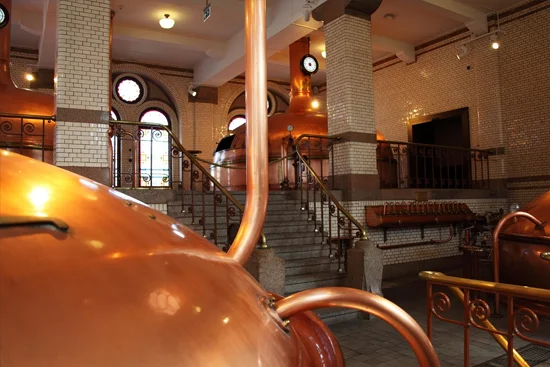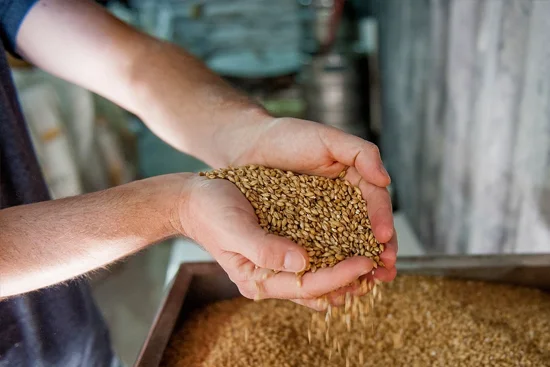
Developed to support businesses in the food industry, ISO 22000 provides a framework for ensuring the safety of food throughout the supply chain. This standard is critical as it helps organizations identify, assess and control food risks to ensure that the food they produce or handle is safe for consumption.
ORIGIN AND DEVELOPMENT OF ISO 22000
ISO 22000 was first published in 2005 and is the result of a collaboration between experts from the food industry, governments and other stakeholders around the world. It is based on the HACCP (Hazard Analysis and Critical Control Points) concept, a systematic approach to identifying, assessing and controlling hazards in the food sector.
The standard was developed to address organizations of all sizes and at every stage of the food production and supply chain. It can be applied by farms, food processors and retailers to ensure food safety and increase consumer confidence.
CORE PRINCIPLES OF ISO 22000
ISO 22000 sets out a series of requirements that organizations must meet in order to achieve their food safety objectives. The most important principles include
- Systems approach: the standard requires organizations to implement and maintain a documented food safety management system (FSMS) that covers all relevant aspects of food safety.
- Interactive communication: Communication throughout the supply chain is critical to ensure that all stakeholders have a common understanding of food safety requirements and can respond quickly to any safety issues.
- Management commitment: An organization's top management must be actively committed to implementing and maintaining the FSMS and provide the resources necessary to meet the requirements of the standard.
- Risk assessment and risk management: Organizations must identify, assess and control potential hazards that could impact food safety. This includes not only physical, chemical and biological hazards, but also factors such as operating practices, legislation and consumer expectations.
- Continuous improvement: ISO 22000 places great emphasis on the need for continuous improvement of food safety performance through regular review and adaptation of the FSMS.
BENEFITS OF ISO 22000 CERTIFICATION
ISO 22000 certification offers numerous benefits for organizations in the food industry, including
- Improved food safety: by implementing an effective FSMS, companies can minimize the risk of food contamination and associated health issues for consumers.
- Meeting customer requirements: More and more customers are requiring their suppliers to have ISO 22000 certification as proof of their commitment to food safety and quality.
- Risk mitigation: By systematically identifying and controlling hazards, organizations can reduce potential risks to their products and reputation.
- Competitive advantage: ISO 22000 certification can help organizations stand out in the marketplace, gain consumer confidence and open up new business opportunities.

ISO 22000 plays a critical role in ensuring food safety and quality on a global scale. By implementing an effective food safety management system in accordance with the requirements of this standard, organizations can not only ensure regulatory compliance, but also increase customer confidence and improve their competitiveness. It is important that companies in the food industry recognize the importance of ISO 22000 and actively strive to meet the requirements of this standard to ensure a safe and high quality food supply.
PeRoBa Quality Management from Munich - Individual quality management and ISO 22000 consulting
Consulting, implementation, audits and QM tools from a single source
PeRoBa GmbH Munich is a service provider with many years of experience in quality management, especially in automotive and
mechanical engineering. We help with all important standards (ISO 9001, ISO 22000, VDA6.3, IATF 16949,...) on the way to certification or
re-certification. We also work closely with universities and research institutes. Managing Director Dr. Scherb teaches as a lecturer,
for example, at the Hamburger Fern-Hochschule, the FOM in Munich and is also a speaker at the TÜV-Süd Akademie, the Bildungswerk der
Bayerischen Wirtschaft and many other institutions.
We look forward to hearing from you. The best way to reach us is by phone at the number
+49 8106 / 230 89 92
(more
contact options)
Quality management -
ISO 9001, ISO 45001, VDA 6.3 and IATF 16949 Consulting and audits - www.peroba.org